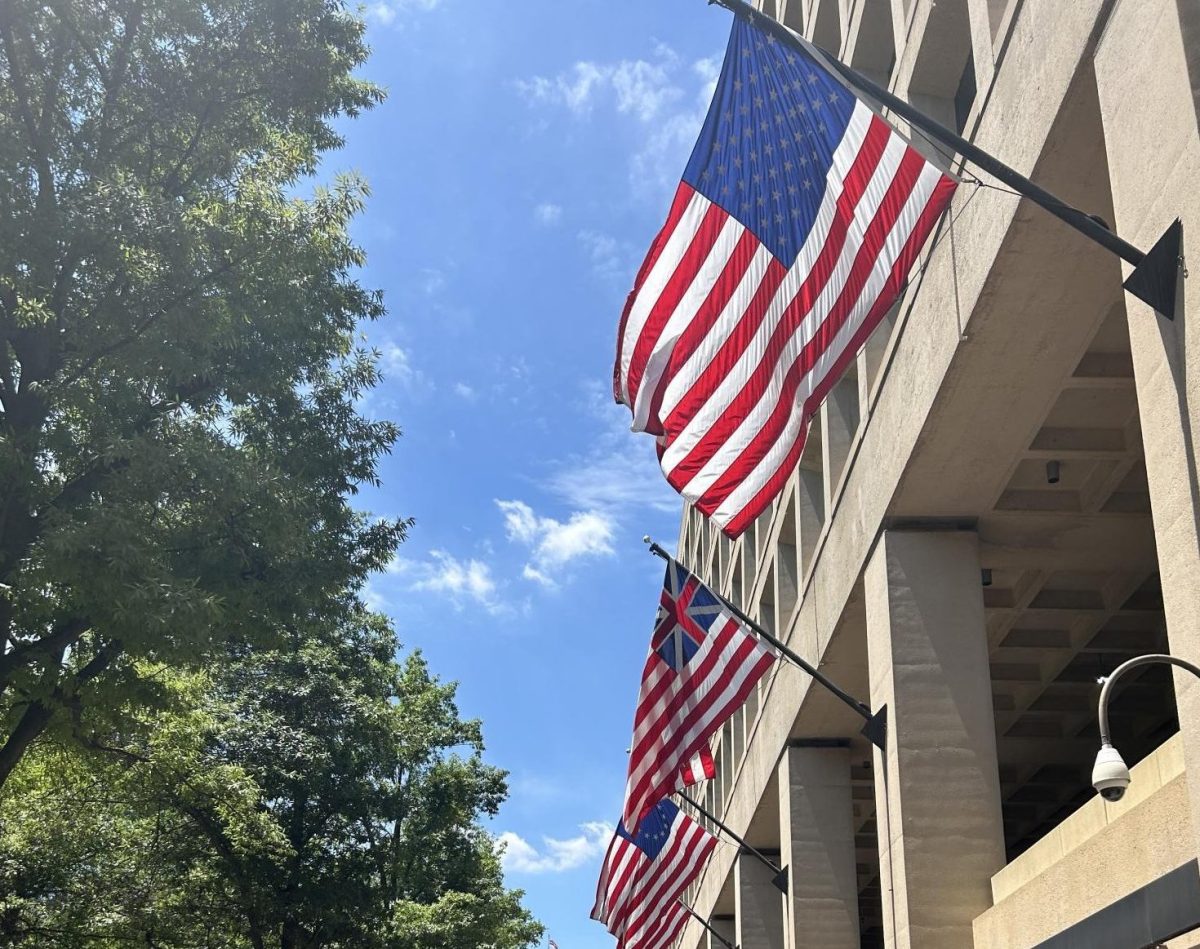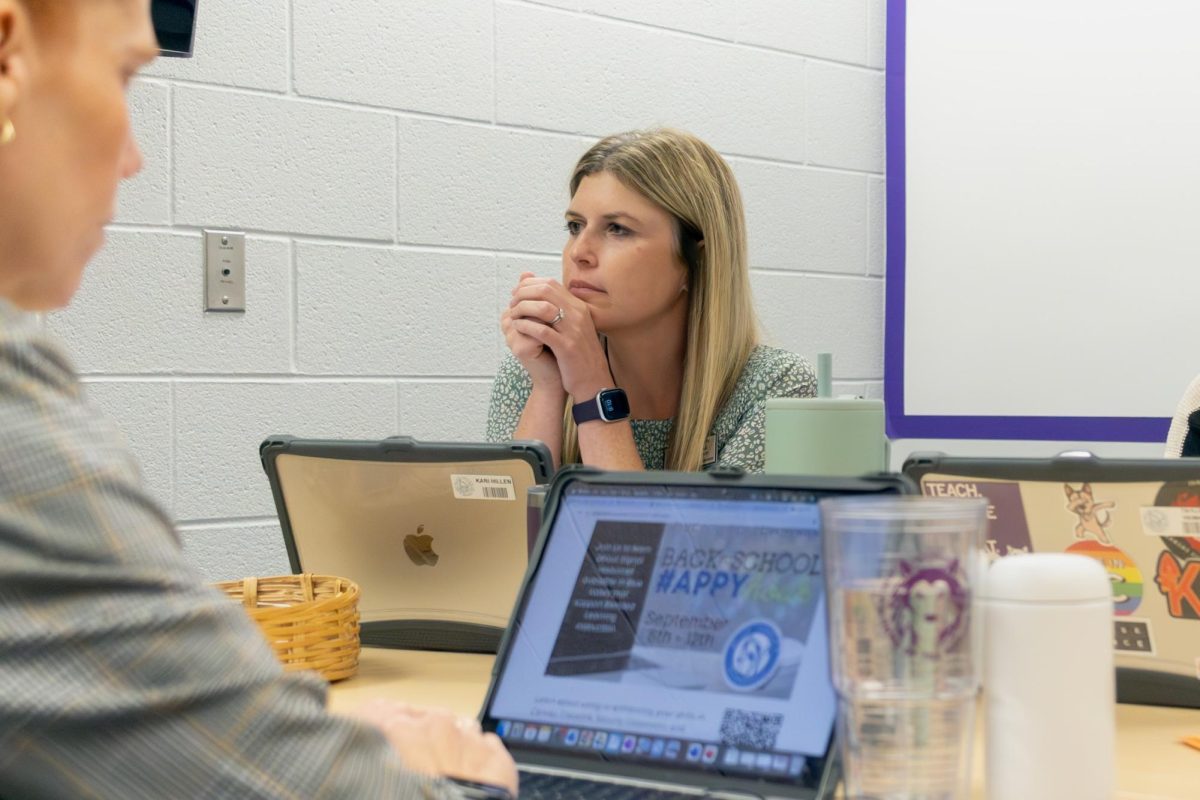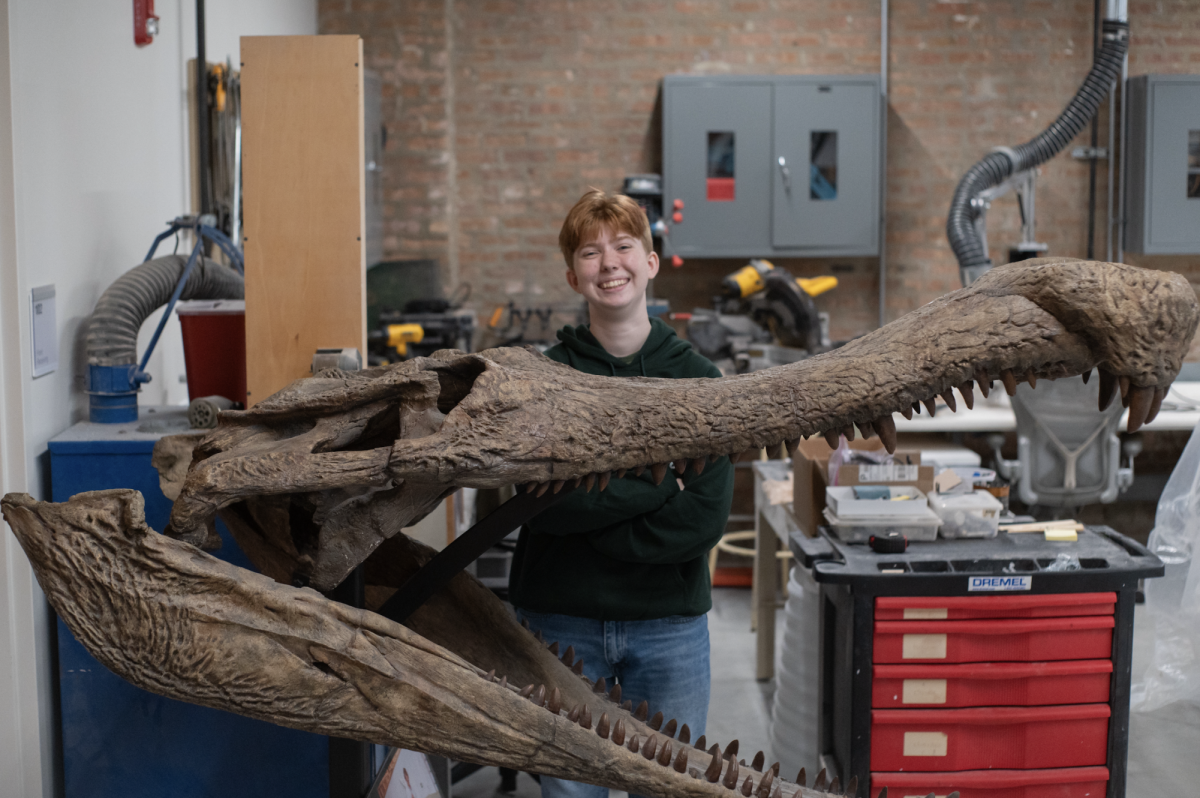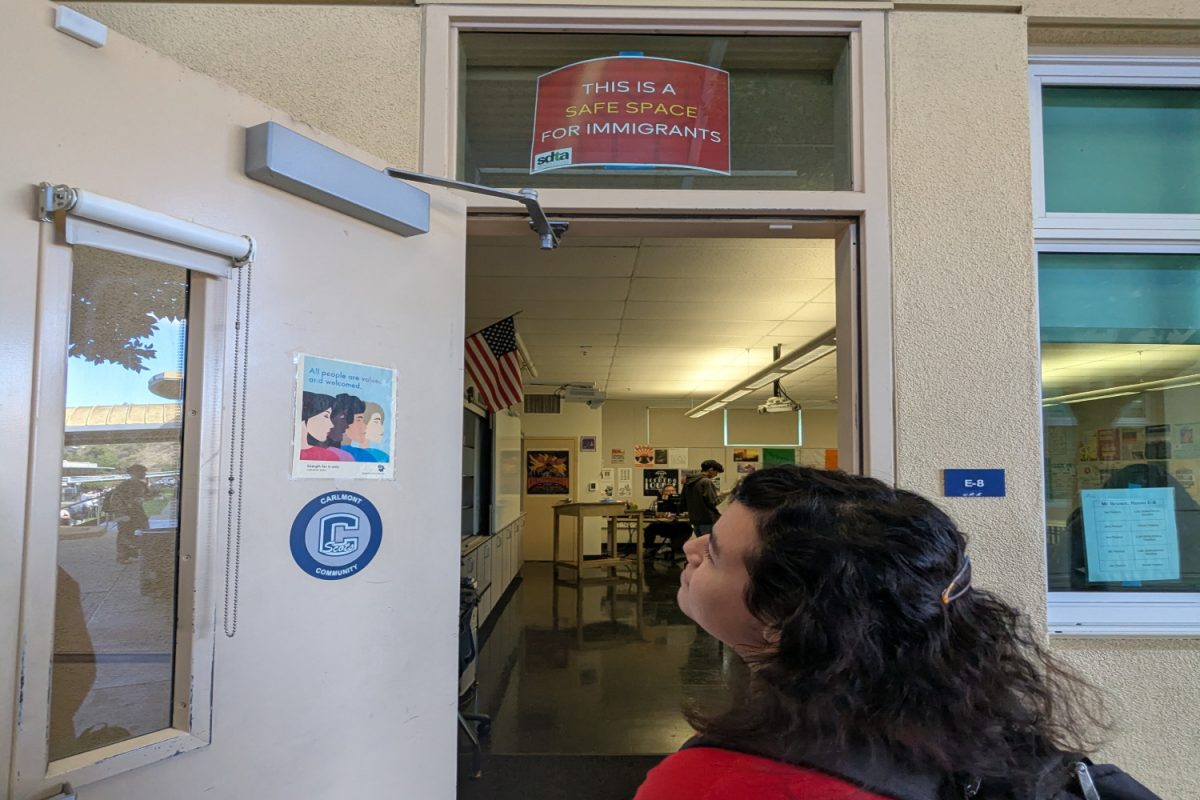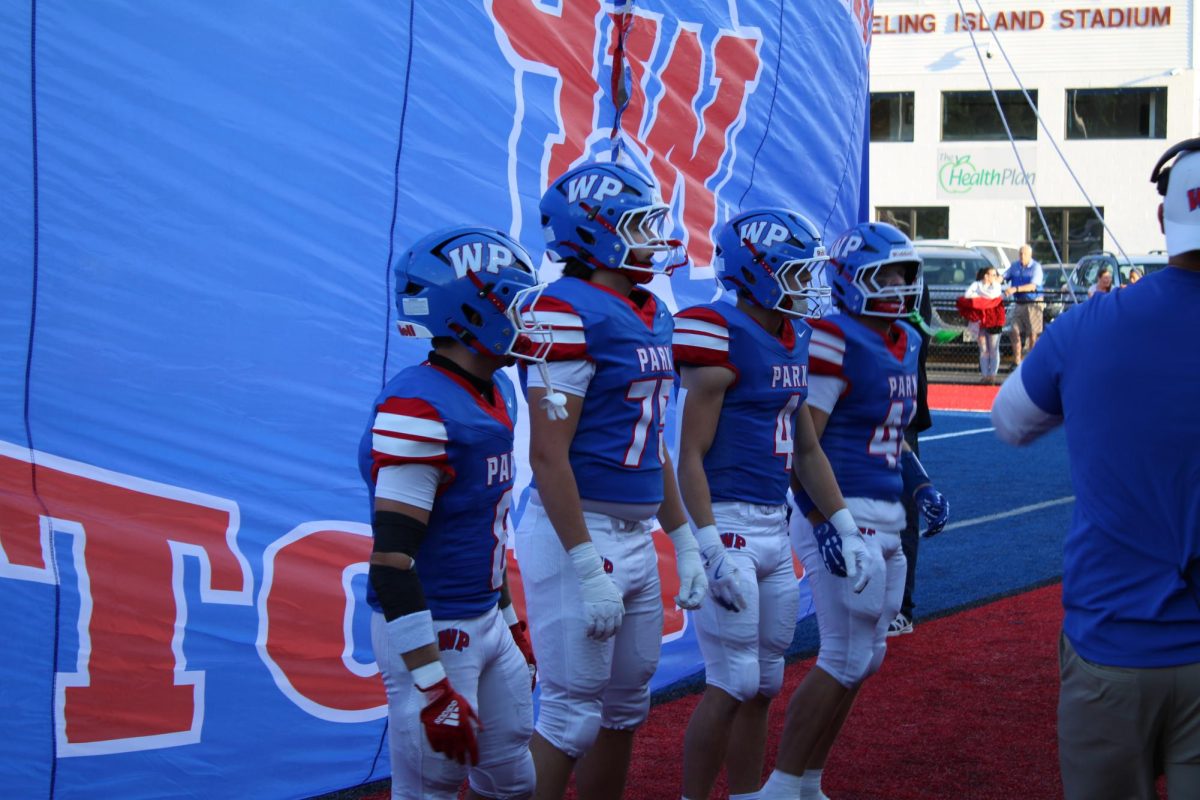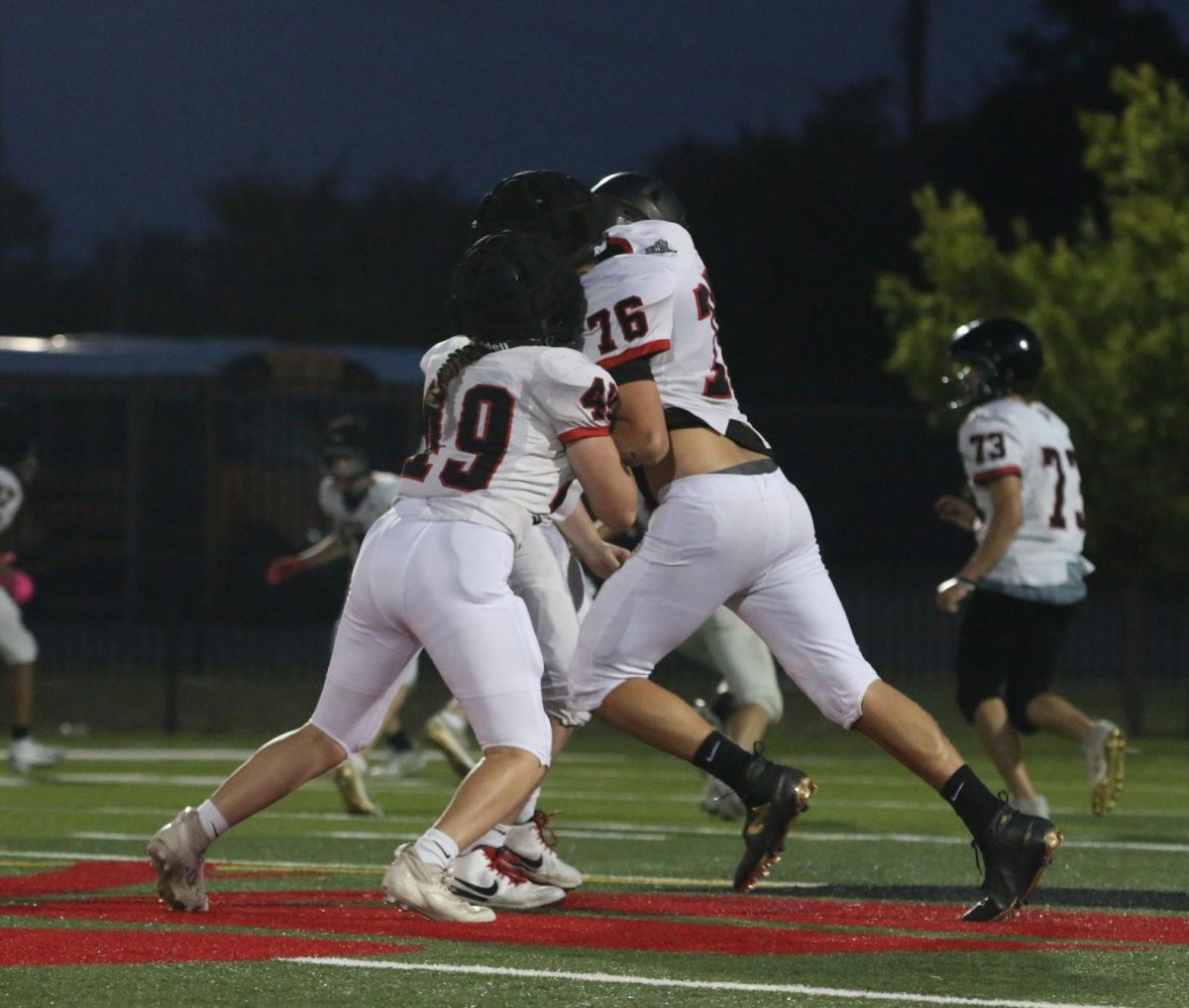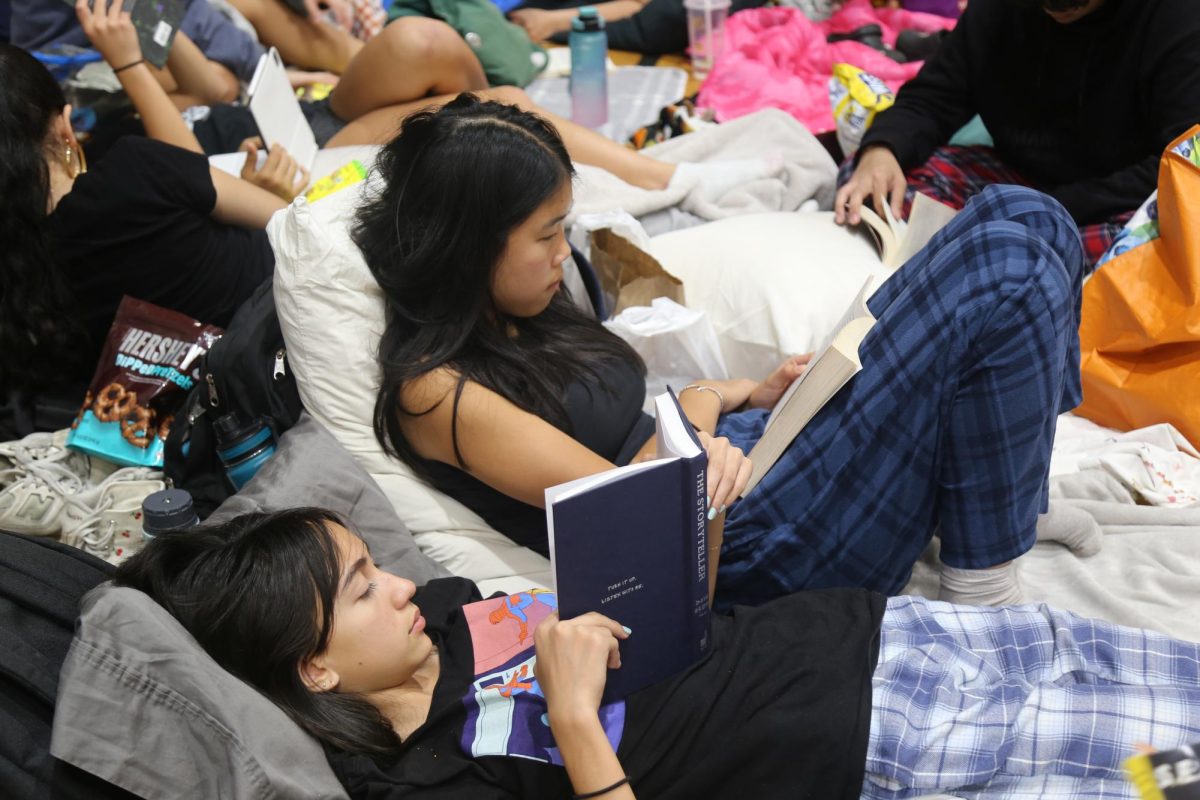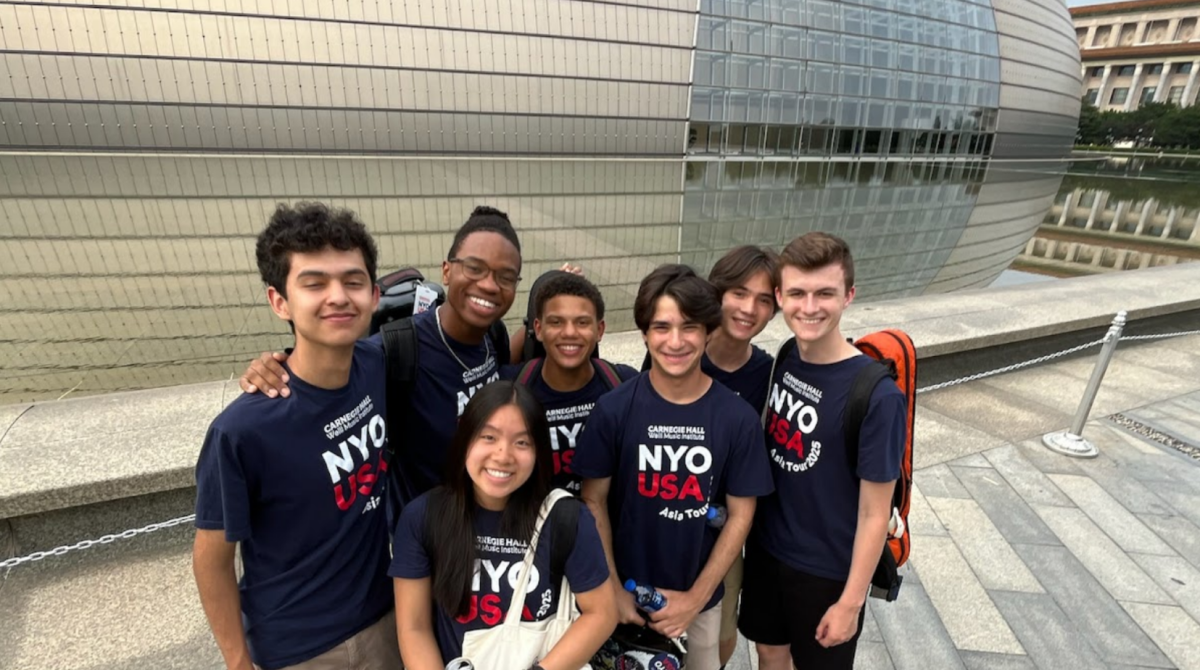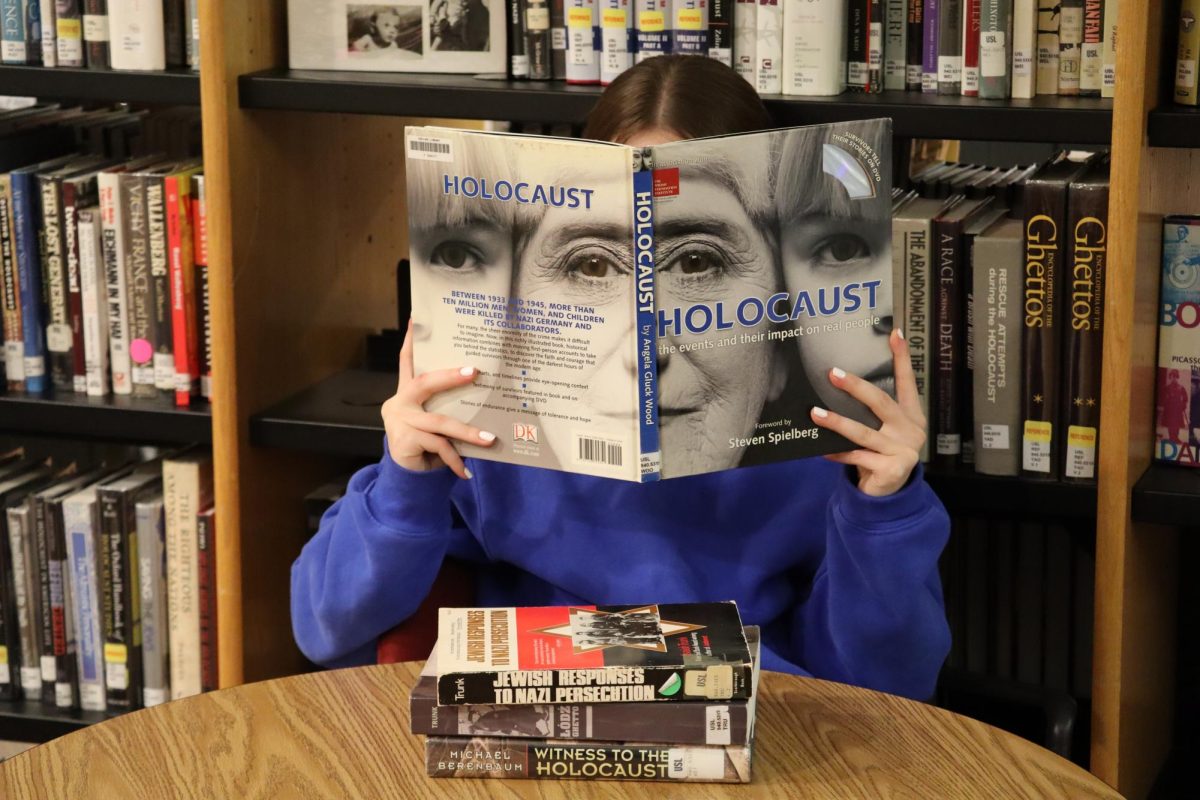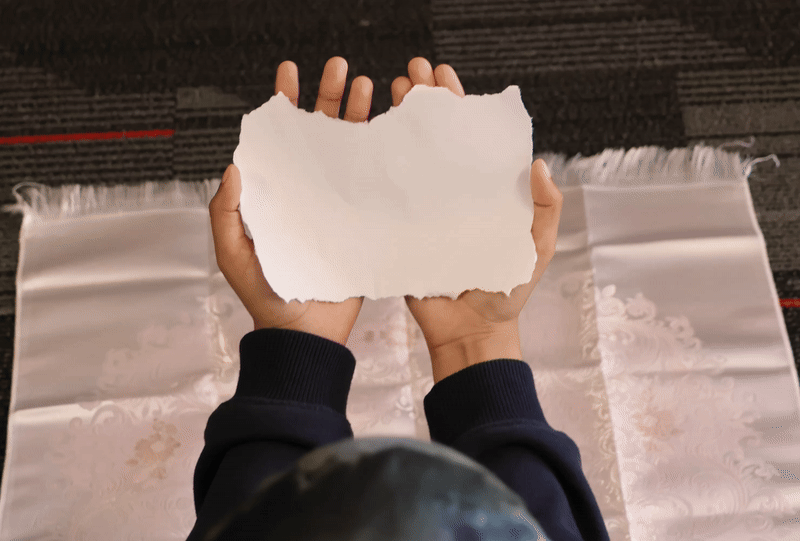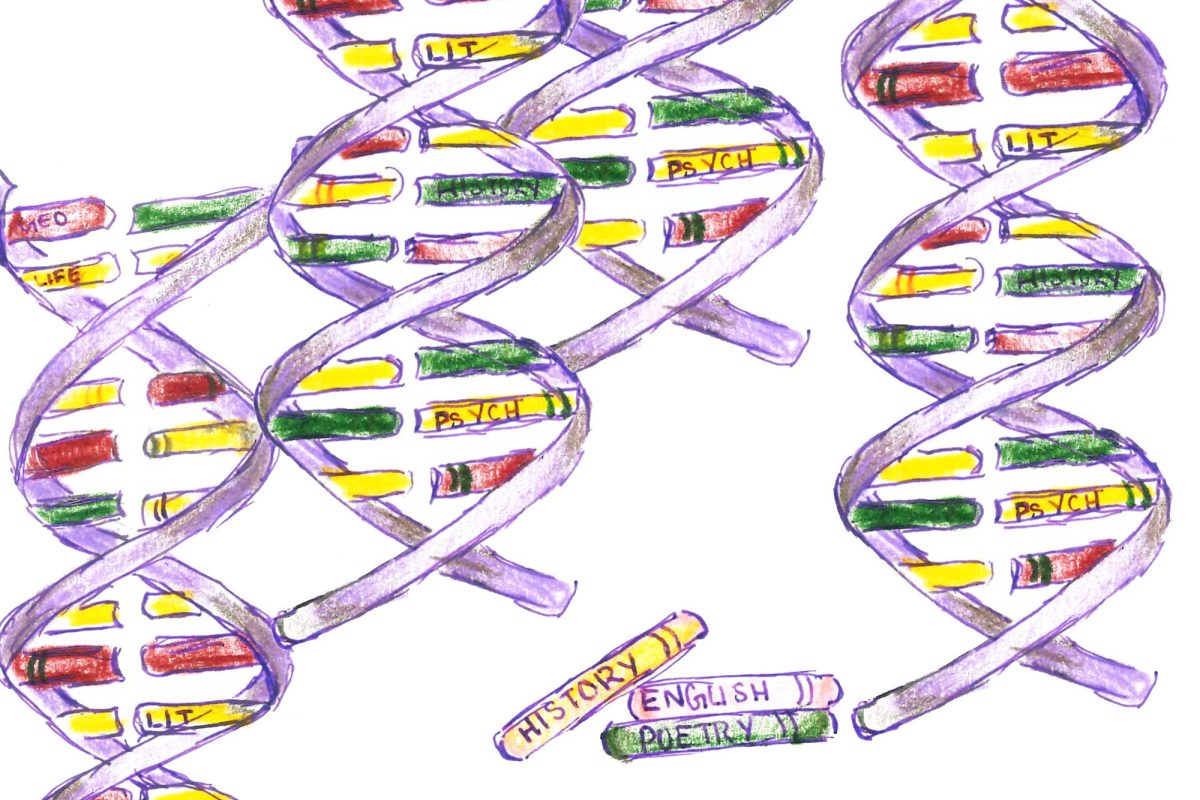The death of the humanities is something long prophesied.
College enrollment numbers in the humanities have been in free fall recently amid worries about future job prospects and lower pay for humanities graduates as more students turn to STEM fields.
And nowhere is this shift more apparent than Strath Haven. Our school has become a microcosm of the shift that has happened nationally, primarily due to students perceiving humanities courses as less valuable.
This culture needs to change. The humanities remain important in too many ways for students to simply discard them as useless. But it seems many Haven students are doing exactly that.
Longtime AP Literature teacher Mr. Matthew Wood noted a declining number of students in his class, from more than 50 when he started teaching the class to only 12 this year.
“It might be an indicator of just how far the pendulum has swung to the STEM side of things,” Wood said.
The declining interest in the humanities at Haven is also apparent to students.
“I felt much more inclined towards the STEM aspect of things by so many parts of the school,” senior Sebastian Reed said. “And some of that pressure is from myself, because I’m me, and some of that pressure is from the adults and the other students and the school culture overall, which definitely seems to push for the STEM stuff, more than [the humanities].”
While our society continues to move towards an emphasis on STEM, the humanities remain essential for developing ‘soft’ skills that many employers look for, as well as reading, writing, and understanding the world around us.
“There’s so much value in history and writing,” senior Olivia Heisey-Terrell said. “It teaches you writing skills. Even if you’re a science major, you’re still going to need those communication and writing skills that you get from an AP or a challenging history course, and just knowing things about where you came from and the literature in the world, it makes you a more well-rounded person.”
Others, like sophomore Henry Hewitt, emphasized the importance of the humanities in maintaining a strong democracy and society. Hewitt, who intends to go into law and has a passion for language learning and history, remains interested in taking advanced STEM courses.
“I think it’s important you take a good amount of both if you want to come out as a well-rounded learner,” Hewitt said. “You need to be a functioning member of our society to have some knowledge of how the world around you works and how to critically evaluate information. And I think that one of the biggest problems with America right now is people who don’t know how to critically evaluate information.”
And the humanities can better help us understand ourselves, World Religions and English Teacher Mr. Daniel Peterson says.
“It doesn’t really matter what job you have because you still have to live life,” Peterson said. “Even if you’re a chemist, you still have to go home. You still have to be happy. When you read a book like ‘The Odyssey’ or ‘Hamlet,’ or you’re studying history, hopefully you have some insight into who you are as a human being.”
There may be no stopping the seismic shift that is taking place in higher education. But this only makes the inclusion of the humanities in a high school student’s education more important.
When so few students are turning to the humanities in college, high school may well be the best time to learn how to think critically and understand the human condition.
However, as AP Literature’s falling enrollment demonstrates, many Strath Haven students are increasingly missing out on that examination of culture.
“I try to participate as much as I can in English and history and all of that because I’m really into them, but going out of my way to take more of them just feels like a poor decision in this school,” Reed said.
Reed is writing a sequel (so far 182 pages) to his fantasy novel of 200 pages. Despite having a strong passion for creative writing and an interest in a humanities major in college, he hasn’t taken a single humanities elective at Haven.
“I just wish I’d been able to explore [novel writing] in school rather than having to find it for myself,” Reed said. “I don’t feel I know that much about the world that I live in or the culture that I live in. I know how to add two and two really well, really fast. But I don’t really know why I’m doing it or why any of it’s helpful. I just know that I’m here doing math in school.”
Mr. Andrew Benzing is the incoming principal and current Director of STEM Teaching, Learning, and Innovation. Benzing believes that part of the problem could be solved by incorporating more interdisciplinary work into curriculums to help bridge the gap between STEM and the humanities.
“It would be wonderful to start to look at that interdisciplinary work across disciplines,” Benzing said. “Units that you could run in your class and I could run in my class, that parallel each other, that pull from both aspects of it, because our teachers are talented enough to do that.”
At the Nov. 6 Educational Affairs school board committee meeting, the District announced that AP Literature, Wood’s class, would be shortened from two semesters to one semester. The announcement coincided with an expansion of Haven’s physics program, with the addition of AP Physics 1.
Other changes include removing prerequisites to getting into advanced physics classes like taking chemistry or core physics beforehand.
The changes were unanimously approved at the Nov. 18 board meeting.
“Because [AP Literature] is a year-long course, some of the feedback that we get from students is that it places such constraints and a clog in their schedule, it becomes very difficult to take a full year offering,” Director of Secondary Teaching, Learning, and Innovation Dr. Leslie Pratt said at the Nov. 6 meeting.
According to Wood, he was not consulted on the change, nor informed of it. When he did find out about the change, he voiced his opposition, yet the decision did not waver.
“I did not work with anybody on this decision,” Wood said. “The [decisions] that have impacted the English department curriculum were made on an administrative level. Teachers did not partake in those decisions…I wasn’t asked to participate in those decisions.”
Wood worries about students coming into AP Literature without fully understanding the level of commitment and passion for English required as a result. Wood also emphasized that all of his opinions in this article were his own, and did not reflect the views of the entire English department.
“We want to encourage you, but we also want to guide you in the idea of you signing up for these courses and making sure that you’re really in a position of strength to succeed in those courses…your willingness to read, to write, to revise, it’s hard work, right?” he said.
Wood has taught at Haven for 28 years. He is one of the few who has stayed in the same room for his entire tenure.
This kind of change is not the one that should be made without the consultation of teachers.
But it shouldn’t have come to this in the first place, and that falls not on the administration, but on students.
The best way to remediate this declining interest in the humanities is to include everyone in the conversation, including students and teachers. Students are the only ones who can change this culture, because we are the ones who created it.
Even Wood acknowledges that the school’s intent was pure in shortening the class. The fact remains that this change likely wouldn’t have happened if the class still had two full-sized sections every year. Just look at AP Biology, another year-long class, as an example. Biology, a STEM course, has not been cut in half. Nor has AP Chemistry, which is another year-long class.
This is a product of the overall culture of our school. Students decide what courses they take. These days, that seems to be more STEM courses and fewer humanities courses.
The administration we seem to blame everything on in this community didn’t cut AP Literature in two.
We did.
This story was originally published on Panther Press on December 17, 2024.


